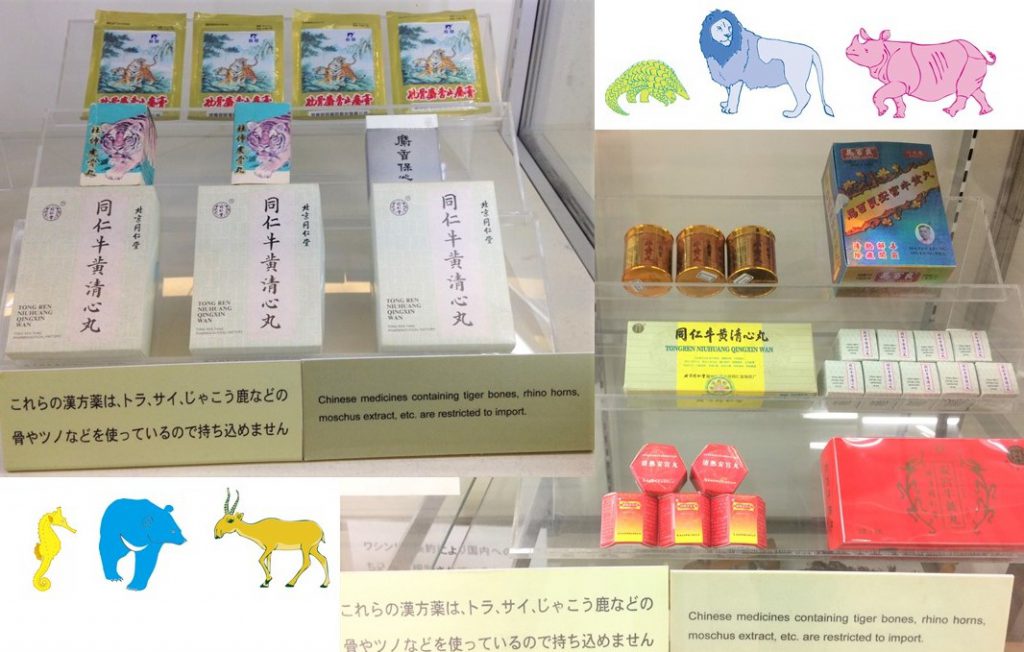Youth Awareness Survey on Using of Endangered Species in Traditional Medicines

As a collaborative study between volunteer students from Hong Kong University and Japan Wildlife Conservation Society, we conducted an awareness survey of university students in Hong Kong, Macau and Japan.
The results of the survey show that both region’s students oppose the use of endangered species and need alternatives.
In other words, it may indicates that consumers will accept the change of raw materials from endangered species, which are difficult to purchase for pharmaceutical companies, to alternatives.
Evaluating the Public Knowledge on the Use of Endangered Species in Producing Traditional Medicines
The Endangered Species Traditional Medicines project team from the University of Hong Kong
Japan Wildlife Conservation Society
A questionnaire survey was conducted among university students (a student with a higher education) in Japan, Hong Kong and Macau on the awareness of the use of endangered species for traditional medicines (Herbal medicines and Natural medicines). Respondents in Japan, Hong Kong and Macau considered traditional medicines to be necessary and had actually used them. However, they were negative about the use of endangered species, and were less likely to use them in consideration of endangered species. Most respondents supported the use of alternatives to endangered species. On the other hand, there was little interest in or awareness of the ingredients of traditional medicines used and the use of endangered species. Respondents from Hong Kong and Macau were more aware of endangered species used in traditional medicines than those from Japan, but there were also many in favor of the use of endangered species. Given this result in terms of reducing the demand for endangered species, it is likely that the subjects of the survey will be aware of the specific medicines used by endangered species, and avoid medicines which use the endangered species if they can obtain information on alternative medicines.
